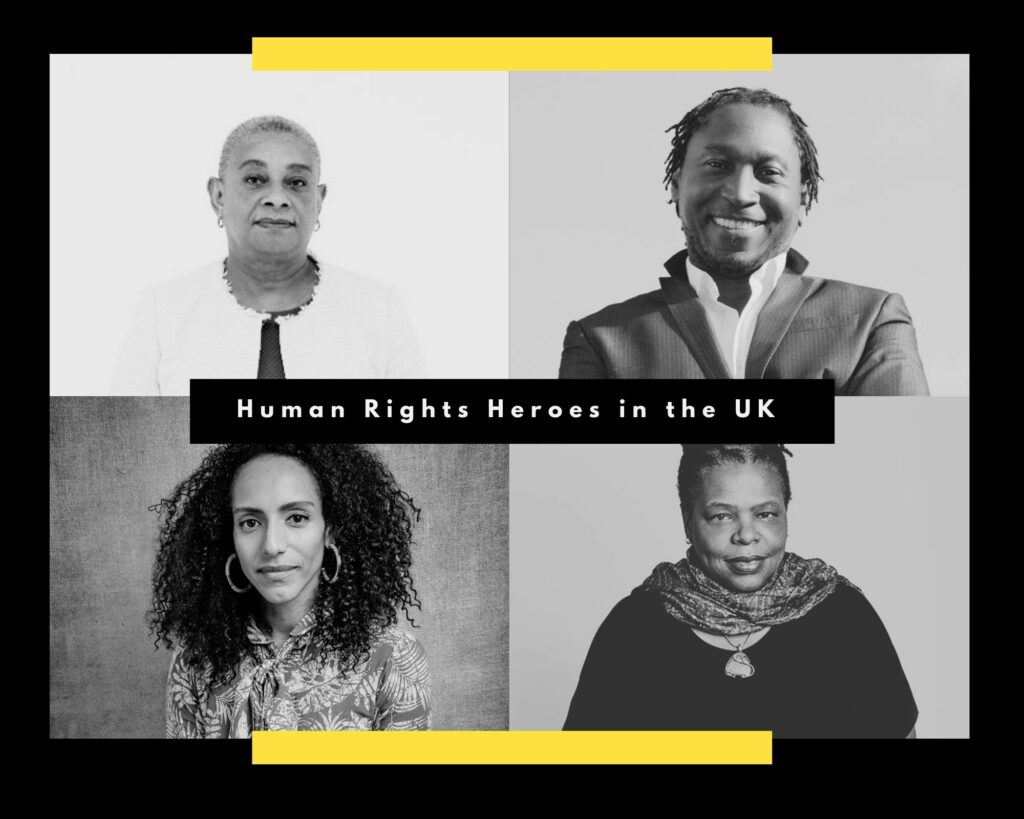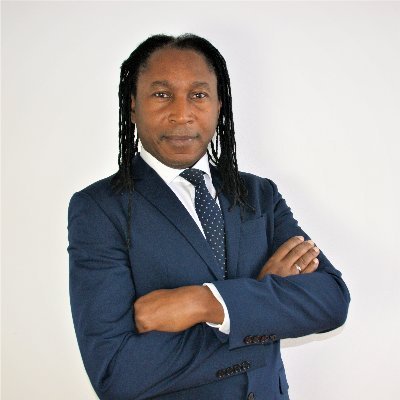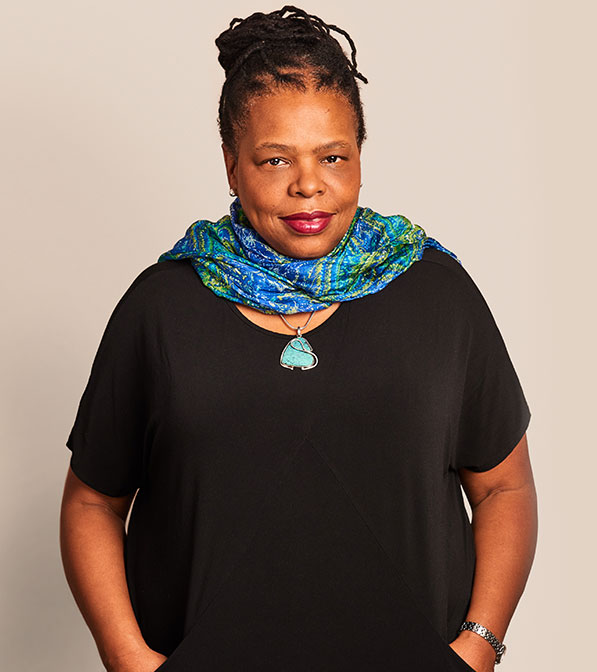This celebration aims to promote and give recognition to the contributions of black people in British society. For years, Black History Month has expanded to include the history of African, Asian and Caribbean peoples and their contribution to Britain’s ‘island history’. However, this action was criticized because it has been perceived more as a move to promote multiculturalism rather than to promote awareness and education about the history of the African diaspora.
In addition, this month is a reminder to encourage understanding of black history. But what were the origins of this celebration, and why does it matter? We tell you below.
Table of Contents
How Did It Originate?
The origins date back to 1875 when Carter G Woodson was born, better known as the “Father of Black History”. At the time, Woodson had limited access to a good education or job opportunities. However, having saved money by working as a coal miner, he managed to study at one of the few institutions for black students. Thus, throughout his life, Carter G Woodson fought constantly to promote black history in schools, leaving an indelible legacy.
In 1970 the commemoration expanded. Thus, since 1976 every US president has officially designated February as Black History Month in the United States. That month was chosen because it coincides with the births of ex-president Abraham Lincoln and Frederick Douglass, who escaped from slavery and became a vital social activists. Both men played notable roles in helping to end slavery.
Why Does It Matter?
It is essential to engage with history as a way of understanding the present and possible futures. With that premise, Black History Month offers everyone the opportunity to share, remember and understand the impact of black heritage and culture.
In June 2020, the London-born spoken word performer George the Poet posted a tweet about the lack of education about black British history and that he believes that fact forms part of the racism in the UK.
Inspiring Black Human Rights Heroes in the UK Today

Meet today’s most influential heroes who are raising their voices in the fight for human rights.
1. Doreen Lawrence
British Jamaican campaigner and the mother of Stephen Lawrence, a black British teenager who was murdered in a racist attack in South East London in 1993. She and her husband have fought for 19 years to bring Stephen’s killers to justice. Lawrence played a major role in improving social justice in the UK today.

2. Leslie Thomas QC
Leslie Thomas QC is a leading human rights lawyer who has dedicated his career to fighting for the underprivileged in society and holding the state to account. Thomas has represented many families of people who have died in police custody.

3. Afua Hirsch
Afua Hirsch has been a human rights defender and journalist. She was a legal correspondent for The Guardian and during this time, she covered a range of legal issues and supported human rights law in the UK.

4. Marcia Willis Stewart
Marcia Willis Stewart is a tenacious fighter for justice, having acted in major legal actions against the UK government. One of her most important achievements was representing 77 of the 96 families of the victims of the Hillsborough disaster, who were found to have been unlawfully killed due to police failures.


